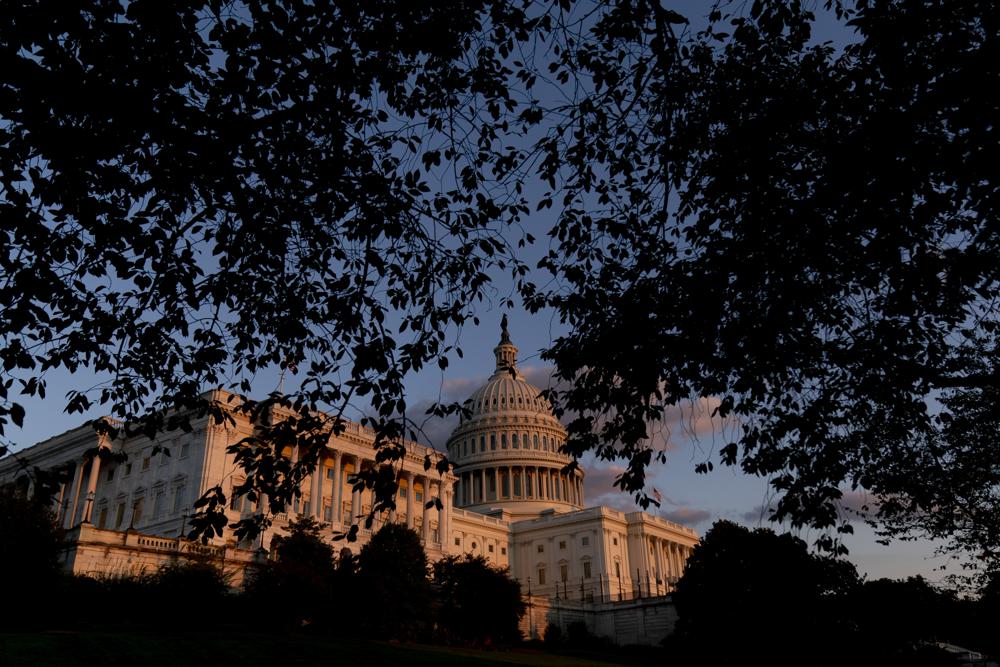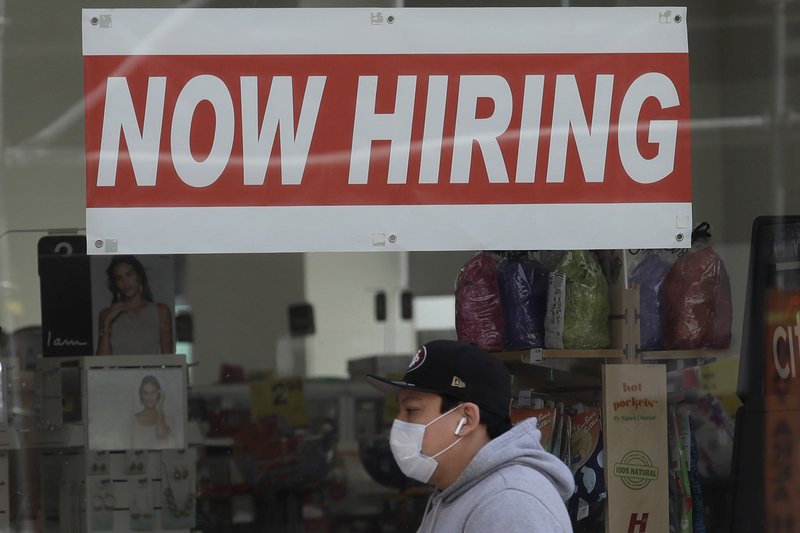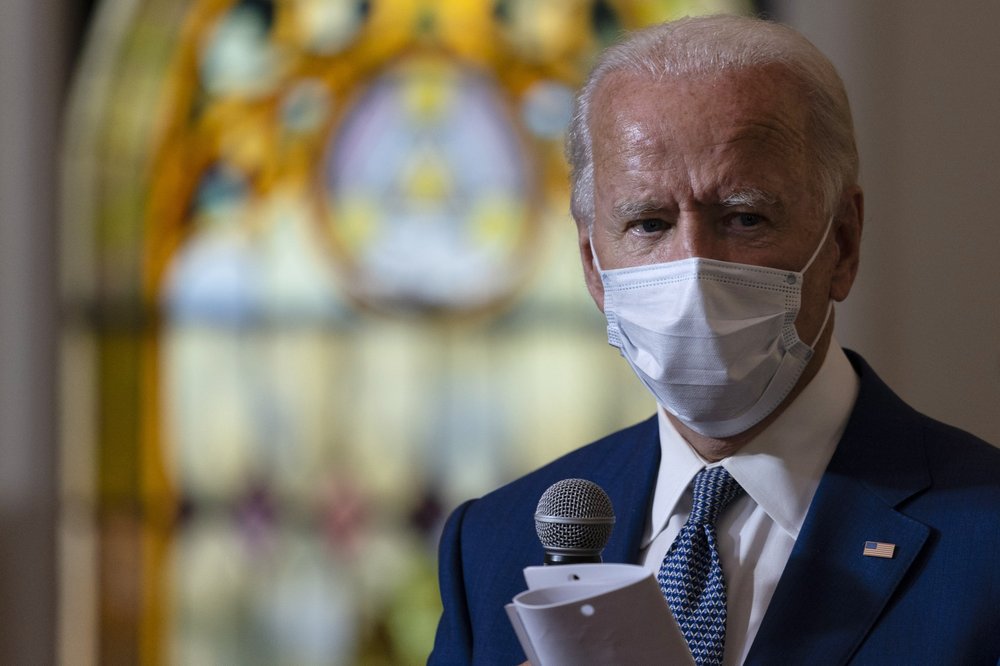RALEIGH – More than 1.7 million of our state’s residents will see a reduction in federal food assistance starting this November.
The Supplemental Nutrition Assistance Program (SNAP), formerly known as food stamps, serves more than 47 million Americans, and the 2009 Recovery Act, also known as the stimulus, temporarily increased the benefits people on SNAP receive.
But, this November, that increase will expire, leading to a reduction of $29 per month for a family of three. Amber Moodie-Dyer, policy advocate with the North Carolina Justice Center’s Budget and Tax Center, says the reduction is disconcerting, especially considering the amount of money a family on SNAP receives now.
“The SNAP benefits are really not enough to help feed working families that are low wage earners,” Moodie-Dyer says. “They have to turn to food banks, and often times, the food banks get strapped and they have to turn people away.”
After the reduction takes place, Moodie-Dyer says the benefits will average less than $1.40 per person per meal.
“That makes it really hard for families to, number one, afford food period, but number two, afford healthy food,” Moodie-Dyer says. “Fresh fruits and vegetables are expensive, good meat and dairy products can be more expensive than some of the other cheaper products that aren’t as nutritious.”
Moodie-Dyer says this will particularly impact children, who make up half of the 1,708,000 people in the state on SNAP.
“When children don’t get the kind of nutrition that they need at those critical time periods, that’s long-term consequences that can’t ever get turned around, in terms of educational outcomes, in terms of health outcomes,” Moodie-Dyer says.
Moodie-Dyer also makes an economic argument for not cutting SNAP. She says that every $1 increase in SNAP benefits creates $1.70 in economic activity.
“It’s one of the best ways that you can kill two birds with one stone,” Moodie-Dyer says. “You can help struggling working families feed themselves and you can also stimulate economic activity.”
In addition to the reduction in SNAP benefits, the U.S. House is considering a $40 billion cut in the program.
Related Stories
‹

Trump’s Big Bill Will Cut Taxes by $3.7T and Add $2.4T to Deficit, Budget Office SaysPresident Donald Trump’s big bill making its way through Congress will cut taxes by $3.7 trillion but also increase deficits by $2.4 trillion over the next decade, according to the nonpartisan Congressional Budget Office.
![]()
USDA to Permanently Boost Food Stamp Benefits by 25 PercentWritten by ASHRAF KHALIL and JOSH BOAK The Biden administration has approved a significant and permanent increase in the levels of food stamp assistance available to needy families — the largest single increase in the program’s history. Starting in October, average benefits for food stamps — officially known as the SNAP program — will rise […]
![]()
Food Stamp Change Fuels Anxiety as States Try to Curb ImpactHaving food stamps offers Richard Butler a stability he’s rarely known in his 25 years. He was in state custody at age 2, spent his teen years at a Chicago boys’ home and jail for burglary, and has since struggled to find a permanent home. The $194 deposited monthly on his benefits card buys fresh […]

Efforts Helping Hillsborough's Fairview Community Lose Federal Funding in GOP's BillUNC's Food Fitness Opportunity Research Collaborative shared how cuts to SNAP grants will affect its work to engage the Fairview neighborhood.

House GOP Grinding Ahead With Trump’s Big Tax Cuts Bill, but New Report Says It Will Add to DeficitHouse Republicans are pushing to vote on their multi-trillion-dollar tax breaks package soon, trying to shore up wavering GOP support.

Orange County Farmers Markets Grapple With Fading Double Bucks ProgramOrange County's farmers markets recently launched a GoFundMe campaign to try and save the Double Bucks program.

Report: One-Third of NC Jobs Lost To COVID-19 Have Not Been RecoveredA year into the pandemic, North Carolina continues to experience sustained job losses and a slow recovery rate with low-income employees and service sectors being hit the hardest.

Biden Ordering Stopgap Help as Talks Start on Big Aid PlanPresident Joe Biden plans to take executive action Friday to provide a stopgap measure of financial relief to millions of Americans while Congress begins to consider his much larger $1.9 trillion package to help those affected by the coronavirus pandemic. The two executive orders that Biden is to sign would increase food aid, protect job seekers on unemployment […]
![]()
NC Child: Senate Budget Could Leave 50,000 Children HungryOver 1.6 million low-income North Carolinians receive health benefits through SNAP – the Supplemental Nutrition Assistance Program. 43 percent of them are children. About one in five children in the state live in food insecure households. But that number could climb. The North Carolina Senate passed a provision in its new budget that cuts one […]
![]()
NC Study Calls "Employee Ownership" Model For Economic FutureThe new study says employee ownership can help businesses avoid closing when their owners retire.
›







